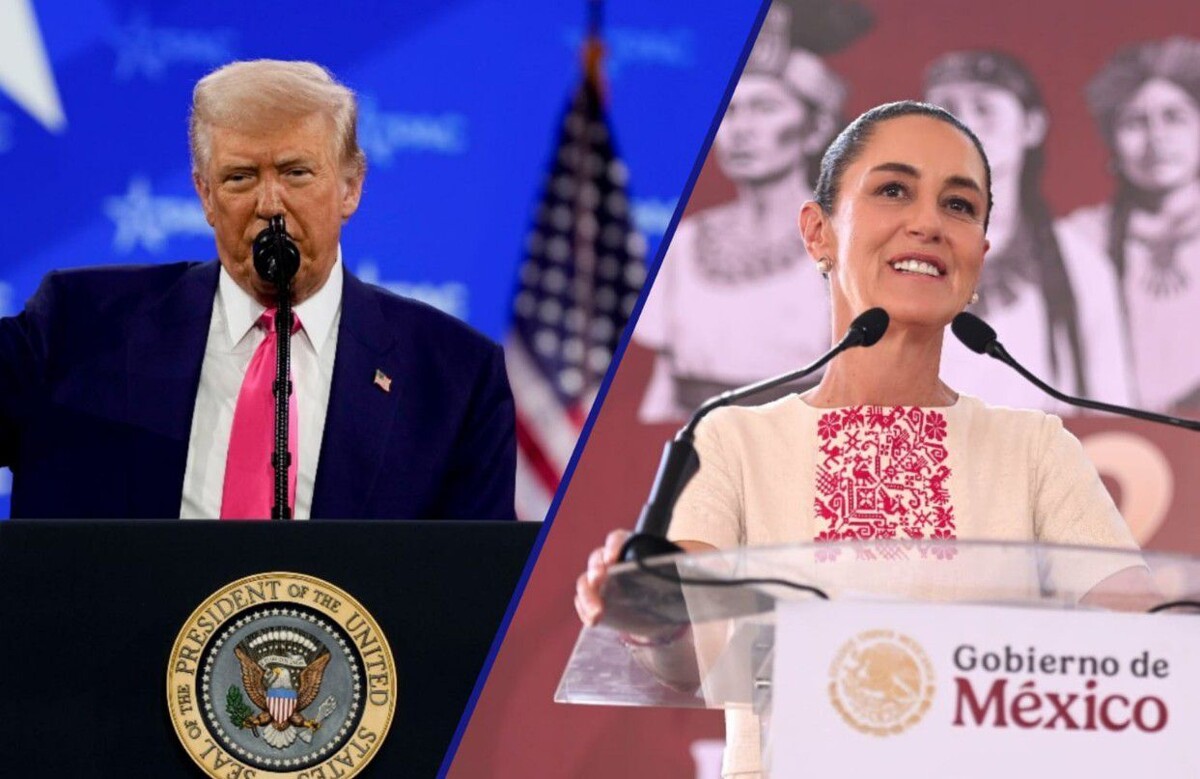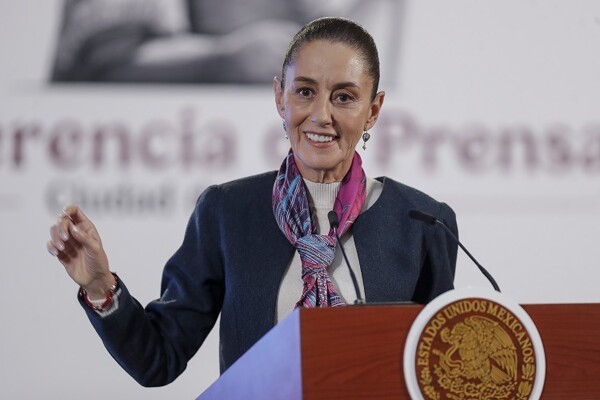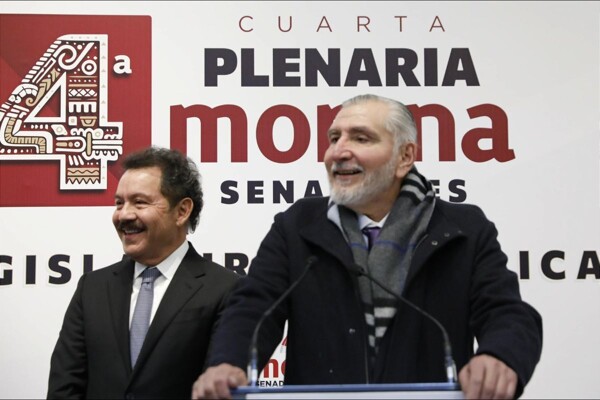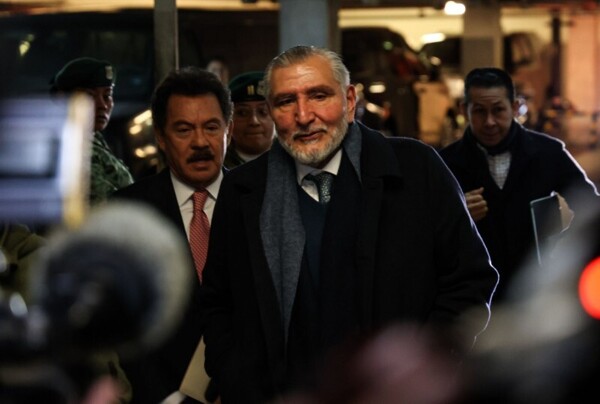
President Claudia Sheinbaum has opted for the 'going public' strategy as a textbook example. In her morning speech yesterday, she appealed to reason and emotions, promoting unity, respect for the Mexican people, and highlighting the shared achievements between the government and the citizenry.
In an event that broke records in presidential approval ratings, surveys show that Sheinbaum has an 85% approval rating, even surpassing AMLO's historical records in the third month of his term. This high level of support extends not only among her followers but also among supporters of the opposition, revealing a rally effect around her leadership.
The president has shown that she is attentive to international relations, as evidenced by her gratitude towards Trump. This has been interpreted as a strategic gesture to attract the attention of the American president and improve the perception of the bilateral relationship, which has so far been viewed negatively.
The massive mobilization in the Zócalo, called by Sheinbaum, has been a key point in her 'going public' strategy. Despite initial doubts about the effectiveness of the rally in relation to Trump, it is perceived that the true goal was to address a broad audience composed of various economic, political, and social actors from both countries.
This approach seems to have worked, as for the second time in two months, Trump has decided to postpone tariffs, which has been celebrated by both supporters and detractors of Sheinbaum. This suggests that dialogue and the search for temporary agreements are possible, despite the uncertainty represented by the American president.
In the context of these leadership actions, the massive mobilization in the Zócalo has shifted from a simple informative assembly to a popular celebration, modifying its initial objectives. As part of her political strategy, Sheinbaum continues to resort to ways of going public and appealing to the public through massive events, a practice that has been normalized in the social media era.














